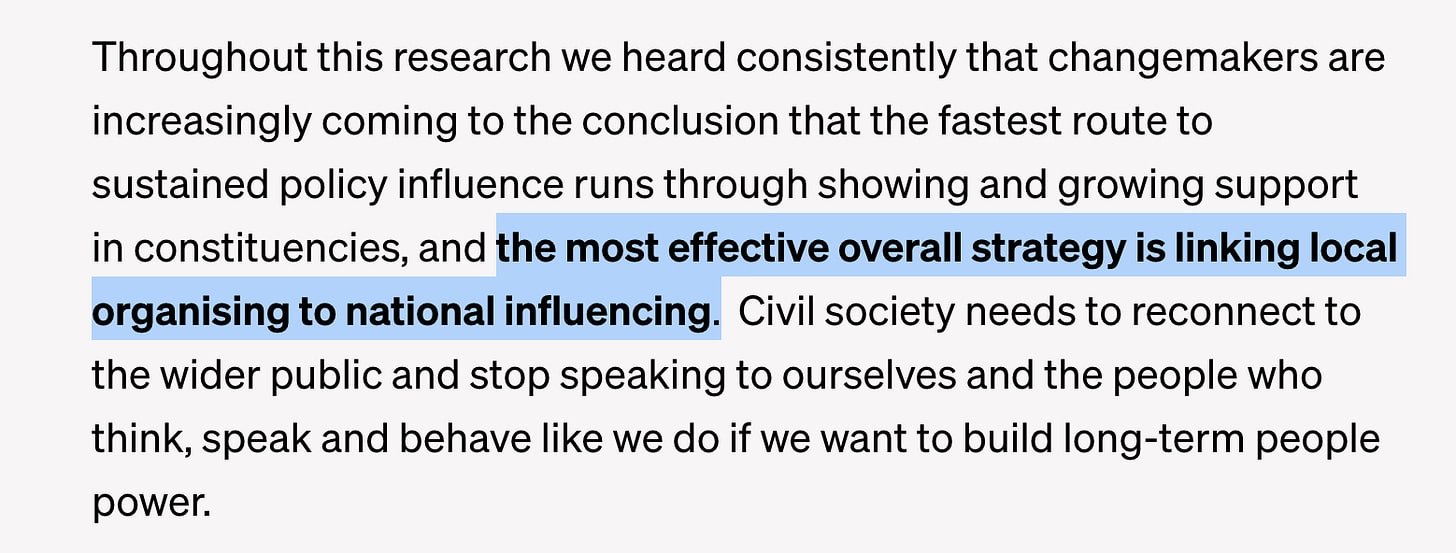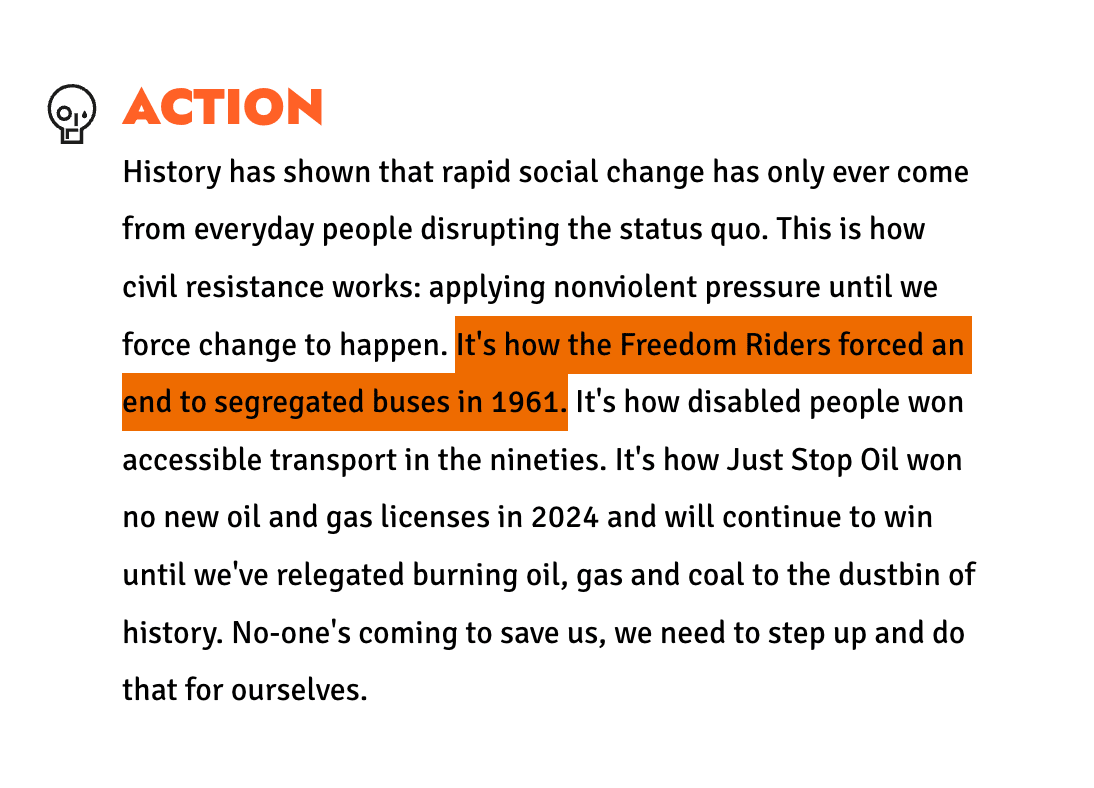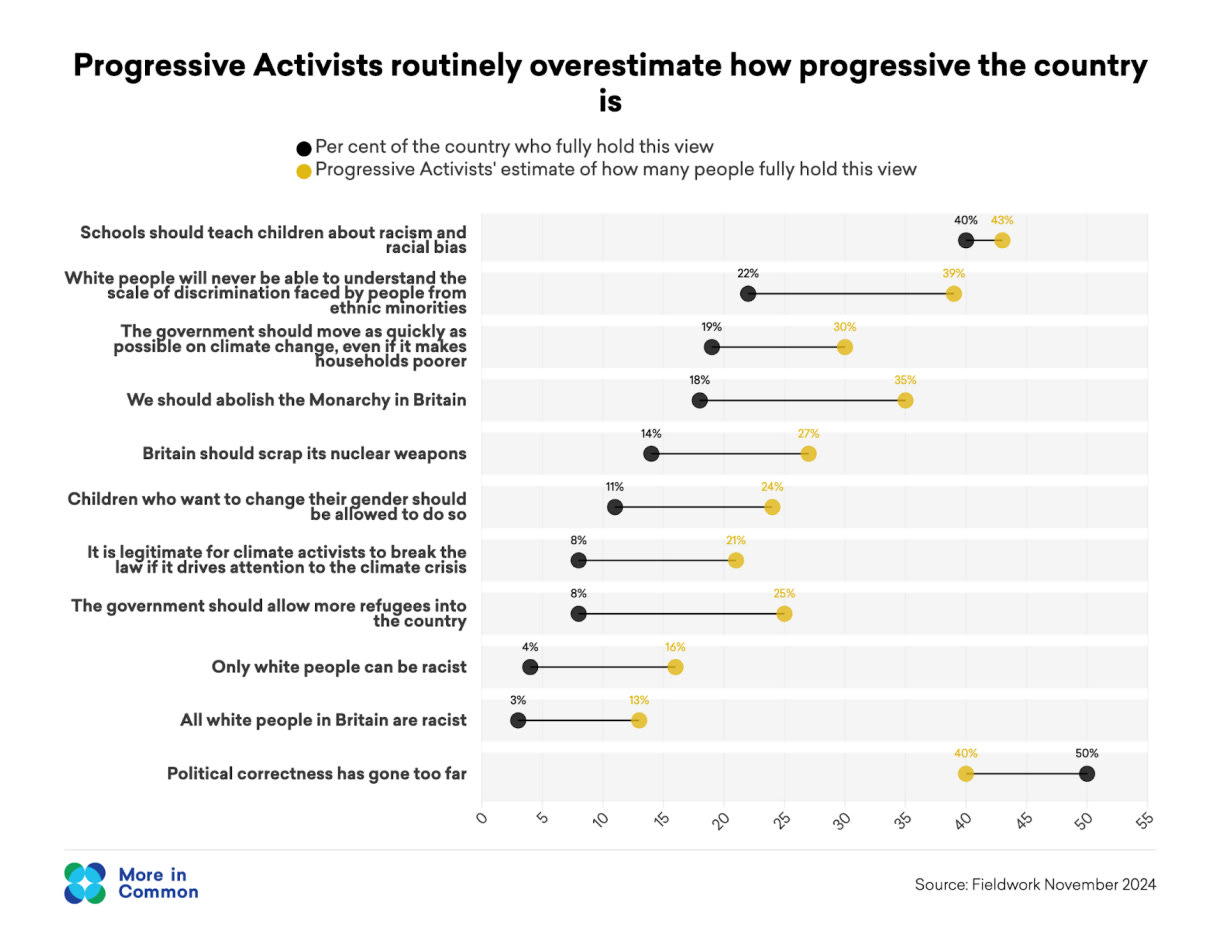
 EA Forum Podcast (Curated & popular)
EA Forum Podcast (Curated & popular) “Why you can justify almost anything using historical social movements” by JamesÖz 🔸
Apr 25, 2025
James Öz, an expert on historical social movements, discusses how diverse advocacy groups cite previous successes to justify their strategies for social change. He reveals the paradox of believing that all methods are effective while often adhering to biases. The conversation emphasizes the importance of humility and skepticism in advocacy, urging listeners to adopt an exploratory mindset. Öz also addresses the role of motivated reasoning, advocating for critical self-evaluation to better engage with opposing perspectives.
AI Snips
Chapters
Books
Transcript
Episode notes
Multiple Valid Paths to Change
- Different advocacy groups successfully use diverse strategies for social change.
- Historical case studies can justify almost any plausible theory about how social change occurs.
Beware Confirmation Bias
- Confirmation bias leads activists to cherry-pick examples that support their beliefs.
- We should be skeptical of claims endorsing any single most effective social change strategy.
Adopt a Scout Mindset
- Adopt a scout mindset to seek truth, not defend preconceptions.
- Treat all studies with equal rigor regardless of their findings.






